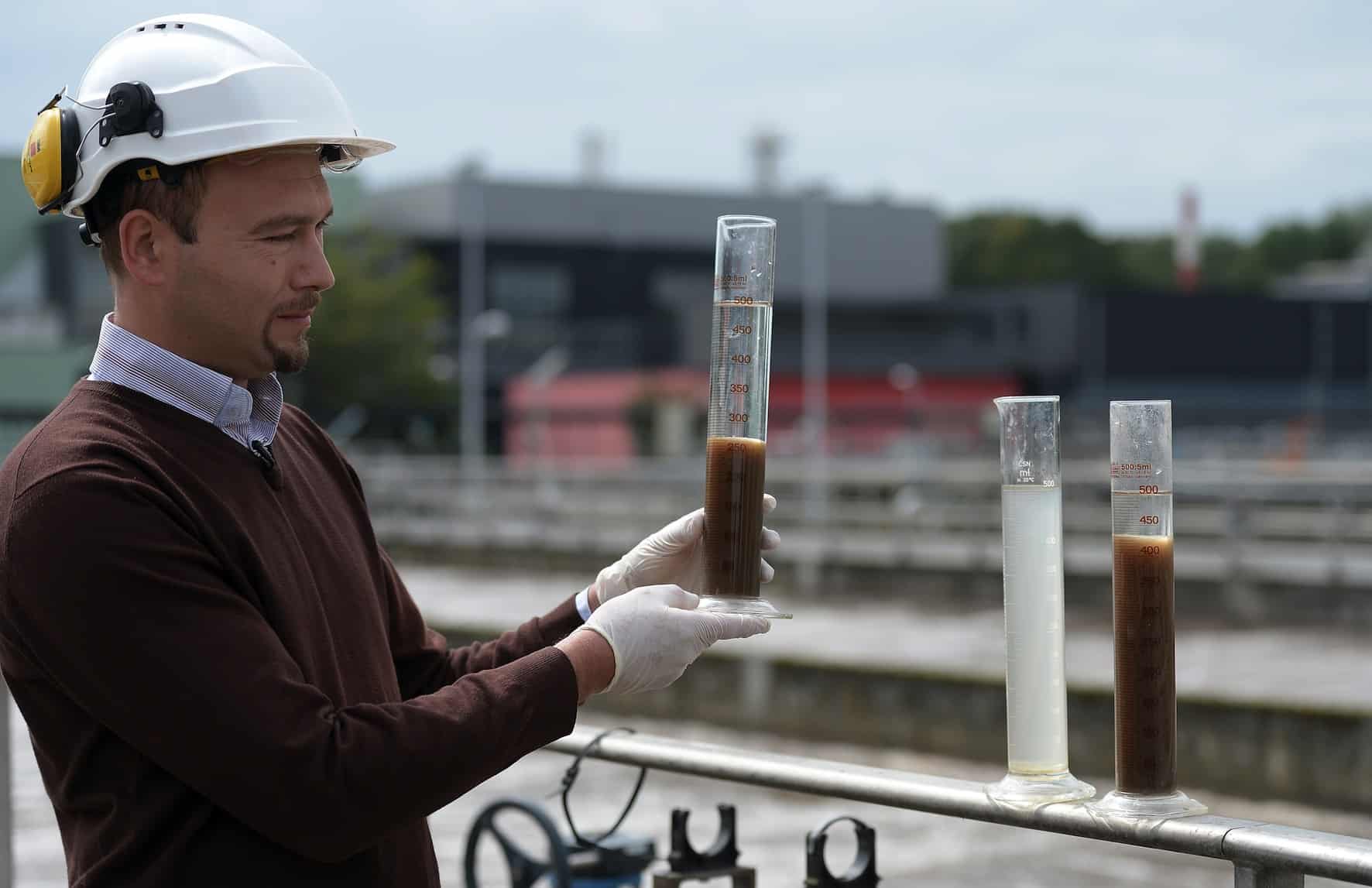Costa Rica is facing a significant environmental challenge due to untreated wastewater, which is posing a threat to the country’s natural resources. Rivers and streams are at risk of being contaminated, and this, in turn, is impacting the aquifers, which are one of the primary sources of potable water for the nation.
Research conducted in the field has revealed that only one out of every three registered treatment plants in the country operates appropriately. Additionally, it has been found that only 14% of the population has a safely managed sanitation service in their homes. These figures are concerning and suggest that urgent action needs to be taken to address the issue of untreated wastewater.
To raise awareness about this issue, the Institute of Aqueducts and Sewerage (AyA) is launching a campaign to remind users to correctly treat wastewater from the kitchen, shower, sink, and washing machine.
David Benavides from AyA’s Sanitation Route stressed the importance of reducing the contamination of wastewater in the national territory and preventing the spread of diseases, calling for a joint effort between organizations and citizens.
According to AyA, 77% of the wastewater from the Greater Metropolitan Area reaches the rivers, aquifers, and seas, further exacerbating the problem.
A number of rivers and streams in the country have been found to be severely polluted, including the María Aguilar, Tiribí, Torres, Virilla, Bermúdez, Ciruelas, Purires rivers, and the El Estero stream in San Ramón, which is part of the Tárcoles watershed. The Dutch Water Quality Index has rated these water bodies as severely polluted, with heavy metals, nitrites, nitrates, and human waste all present.
Regrettably, the Tárcoles watershed is one of the most polluted in Central America, and this is having a detrimental impact on the environment. Data from the Ministry of Environment and Energy (MINAE) shows that the average daily consumption of a Costa Rican is equivalent to 200 liters of water, of which approximately 85% ends up as wastewater.
The current goal of the Ministry of Environment, the Ministry of Health, and AyA is to reach zero untreated wastewater by 2045. However, the main limitation of building water treatment plants is their high cost. Estimates by the University of Costa Rica (UCR) indicate that the price of a sanitation system is almost four times higher than that of aqueducts.
Efficient wastewater management is one of the major challenges of the 21st century. On March 22, World Water Day, the UN called on the world’s population to take urgent action to address the issues of freshwater consumption and the recovery of wastewater discharges. Costa Rica must act fast to ensure that its environment is protected for future generations.






